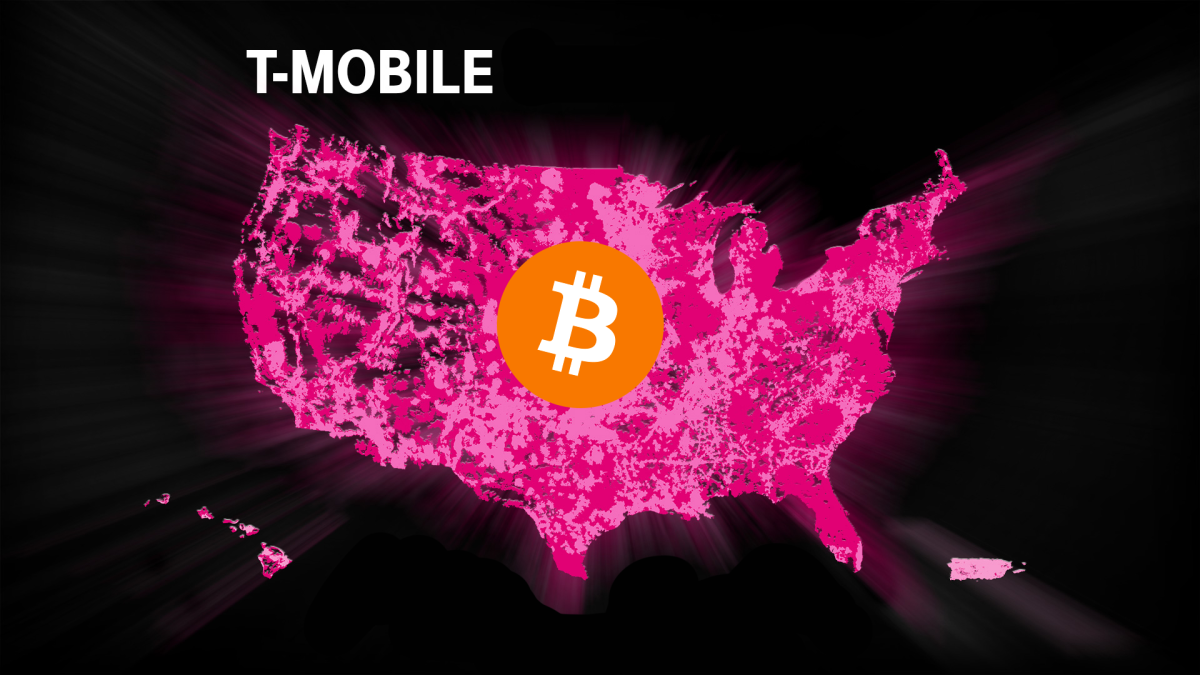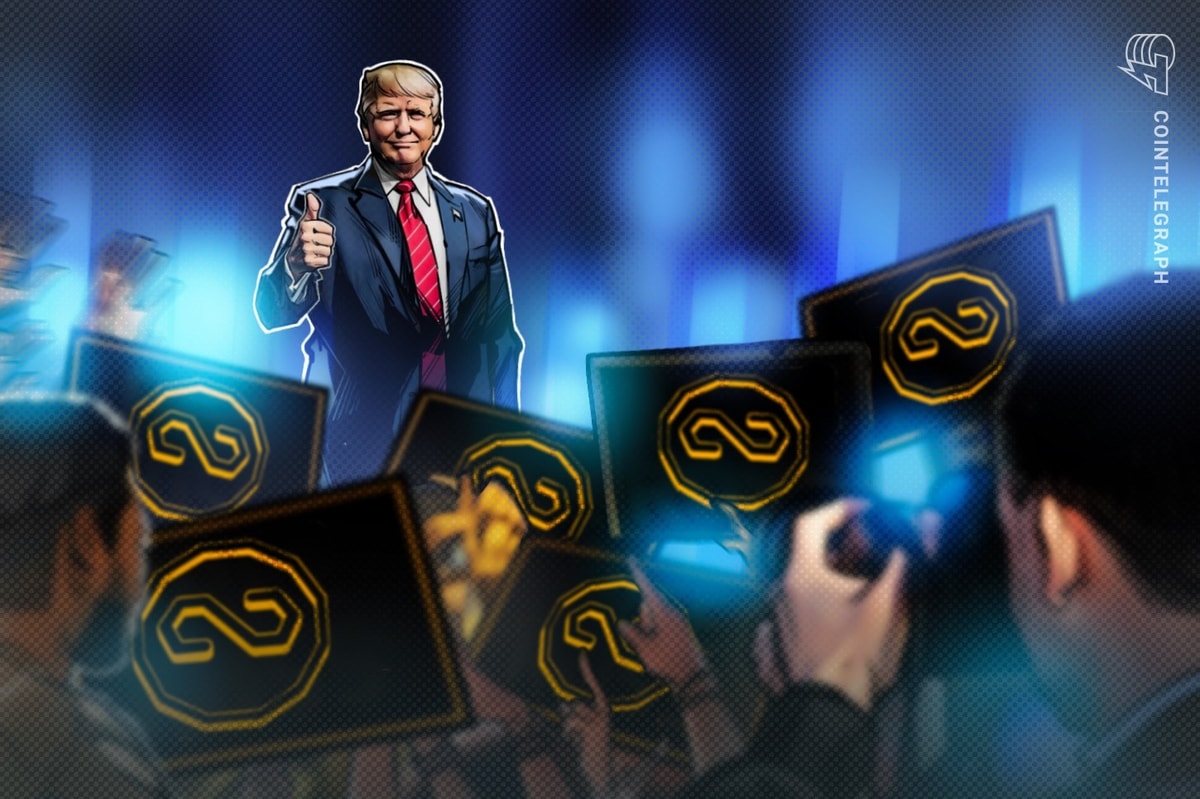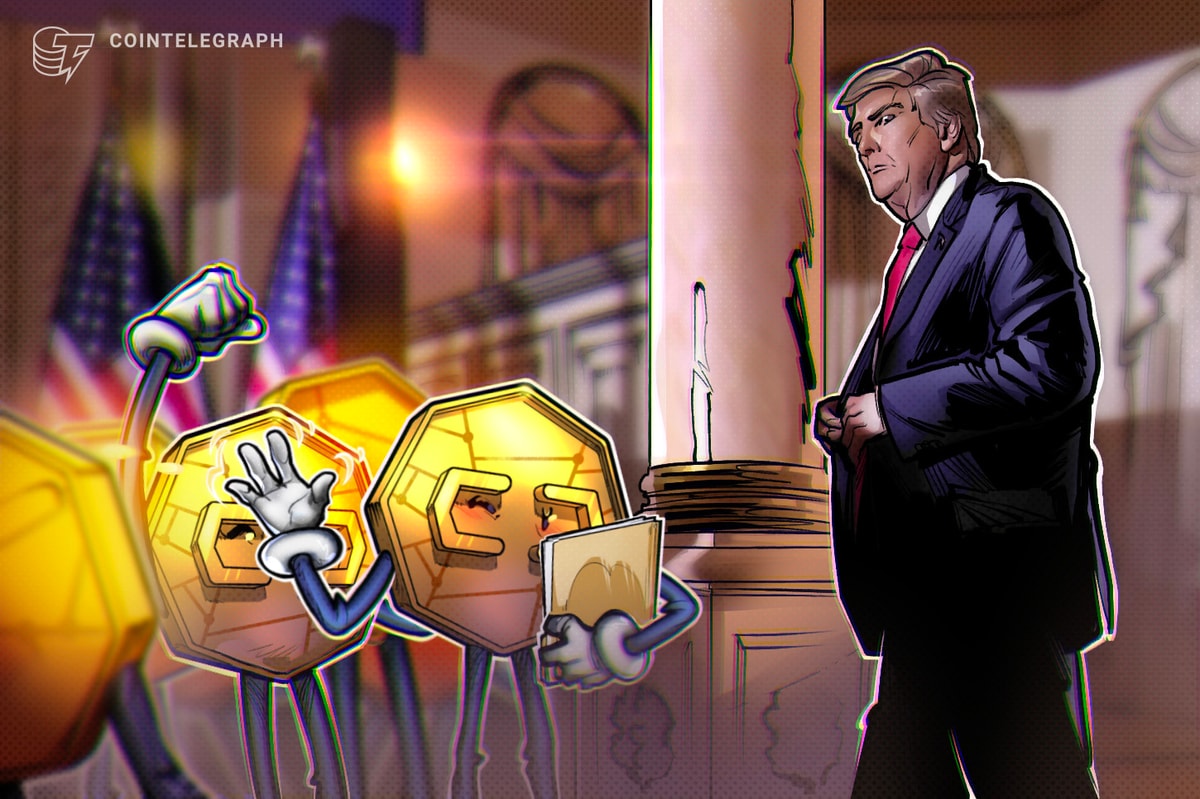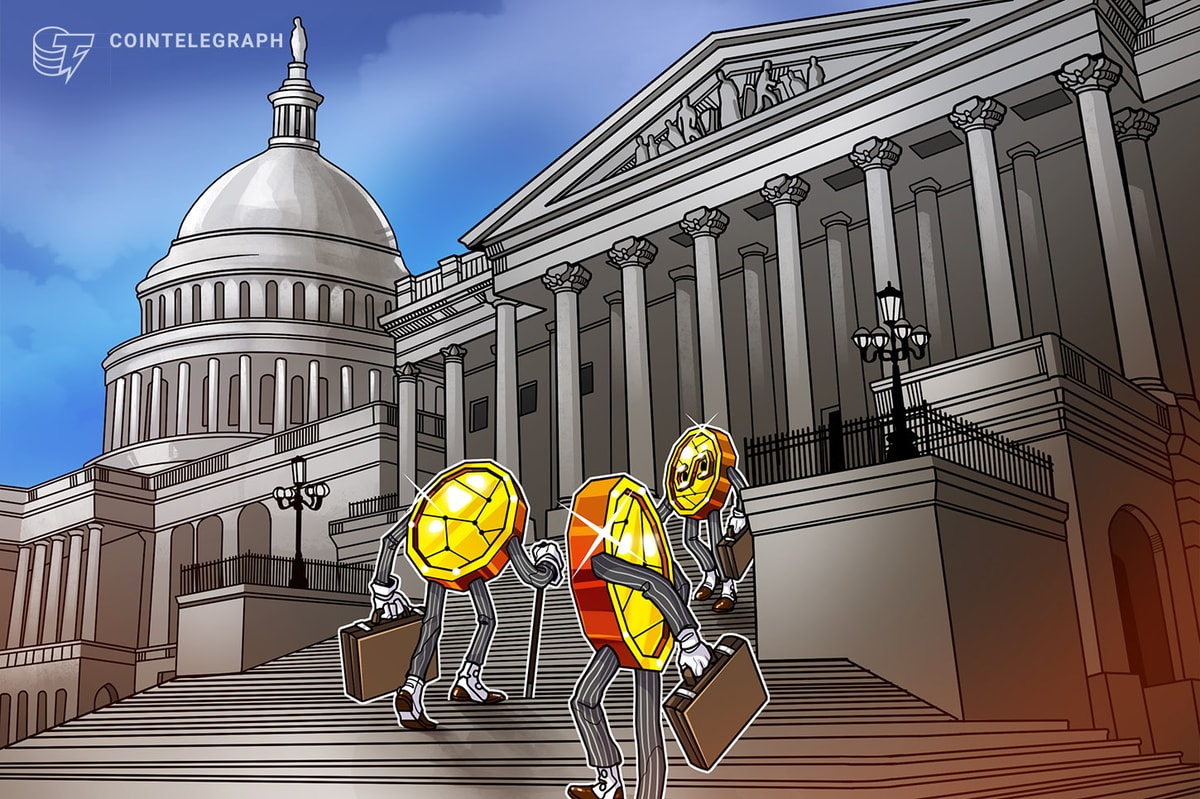Dear Senator Warren,
I am a fan. I think you are very smart, and you genuinely care about building a more equitable society.
But respectfully, when you talk about Bitcoin, you sound silly.
Bitcoin is not powered by a “shadowy faceless group of super coders.” It is not a “scam,” it is not “bogus digital private money,” it is not “highly opaque,” and it is not built to “assist criminals.”
Rather, Bitcoin is the most democratized form of money ever created. Nobody owns or controls Bitcoin, and everyone can take part.
Bitcoin is a monetary instrument that does not require trust in governments to not inflate away the value of money or trust in banks to stay solvent. Bitcoin was founded in 2008, amidst the global financial crisis, by a person or persons under the pseudonym Satoshi Nakamoto. The creation of Bitcoin was a noble endeavor. Satoshi is among the richest people in the world, and yet, Satoshi’s bitcoin remains untouched (and unspent). We know this because Bitcoin runs on an open-source blockchain. Every transaction is recorded on a public, transparent, decentralized ledger.
Bitcoin adoption, as measured by the number of people who own bitcoin, is growing faster than internet adoption. However, the commercialization of the internet was the ultimate insider’s game. Rich white men, venture capitalists and favored institutional investors got in early. By contrast, since its birth, Bitcoin has been available to anyone with a cellphone.
Eleven years ago, the cryptocurrency market did not exist. Today, the market capitalization of the cryptocurrency market exceeds $2 trillion. This incredible wealth creation has benefited individuals, not institutions, particularly the unbanked and disenfranchised. It is a beautiful progressive story.
Your voters own bitcoin. A recent Harris Poll survey found that 30% of black and 27% of Hispanic investors in the United States own cryptocurrency, compared to 17% of white investors. The same survey found that most black and Hispanic Americans consider Bitcoin’s decentralization to be a positive attribute. Is it any surprise that people who have been most oppressed by the State find appeal in a stateless money? Your voters are rejecting the legacy financial system because it fosters economic and racial injustice and perpetuates wealth inequality.
Throughout the globe, most people have suffered through currency collapses. As an example, Argentina, Brazil, China, Mexico, Russia, Thailand, Turkey, Indonesia, South Africa and Lebanon have had one or more currency debasement cycles over the last four decades. Incompetent and corrupt monetary policies steal the fruits of people’s hard work, or “life energy.”
By contrast, Bitcoin has a fixed and predetermined monetary policy. Trusting Bitcoin means trusting math, and billions of people are embracing Bitcoin for this very reason. Bitcoin represents a monetary life raft to the world’s inhabitants.
Nigeria offers a great case study of Bitcoin’s promise and utility. Political repression, currency controls and rampant inflation have turned Nigerians into “minimum-wage slaves.” Because of hyperinflation, they must spend their paltry wages today or risk losing their purchasing power. Time preference is a luxury they do not have.
As the Nigerian naira plummets in value, Bitcoin has become a necessity. Thirty-two percent of Nigerians own bitcoin, the highest percentage in the world. Furthermore, remittances into Nigeria exceeded $17 billion in 2020, and a substantial proportion of this value is conveyed in bitcoin. Lastly, Nigeria has one of the youngest populations in the world, and, on a globe basis, this progressive cohort increasingly embraces Bitcoin.
To quote NYDIG Executive Chairman Ross Stevens, “Bitcoin is hope.” It is hope for your voters. It is hope for people all over the world. Bitcoin’s decentralized, transparent, democratic network will inevitably replace the failed, corrupt partnership between governments and large banks.
Importantly, Bitcoin’s decentralization is not — as you say — a “fantastical narrative,” with miners and corporations flaunting “false moral superiority” when they are, like banks, “the true power brokers.” Senator: Facts are a stubborn thing. Let me show you the folly of your words.
The Bitcoin fork wars of 2016 to 2017 bitterly divided the Bitcoin community into “big blockers” and “small blockers.” The former wanted to increase the block size to increase transaction throughput. The latter opposed the change as it would have made the Bitcoin network less decentralized. Corporate interests, including Coinbase, Digital Currency Group, Xapo, BitGo and the largest Bitcoin miners, joined forces to fight for larger blocks. The small blockers, a collective of “mom and pop” holders of bitcoin, resisted this top-down change and defended the existing decentralization. A virtual civil war ensued. The people won. The establishment lost. Most importantly, progressive ideas prevailed.
Digital money is here. We have two choices. First, a technology-based money like the Chinese digital yuan where the state has absolute power, and citizens have zero privacy. A system, I might add, where hard-earned savings can be zapped out of bank accounts at the government’s whim. The second option is a decentralized stateless global currency — bitcoin — with which anyone with a cellphone is sovereign over their money. This option offers rules without rulers and financial freedom for all.
Like you, I am a progressive. I believe in smart regulation regarding investor protection, anti-money laundering and tax collection. Let’s regulate Bitcoin through the prism of wanting it to succeed.
Sadly, your misguided position on Bitcoin hurts the people you tirelessly fight for. I am comforted by the fact that you cannot stop Bitcoin’s rise. However, you might be able to slow adoption. If you succeed, who benefits? I will tell you. The winners will be the biggest banks in the world. They are terrified of Bitcoin, as evidenced by Jamie Dimon’s recent annual shareholder letter. Senator Warren, do you really want to do Mr. Dimon’s bidding? Because you sounded like a JPMorgan lobbyist at the recent Senate Banking Committee hearing.
I love Bitcoin. If you truly understood Bitcoin, you would love it too. To that end, I have included below a recommended syllabus of insightful Bitcoin content.
Bitcoin offers equal access which will inevitably foster more equal outcomes. Bitcoin will make the world a better place. What’s more progressive than that?
All the best,
Samantha Messing
B.A. With Honors, Political Science, Brown University, 2021
Member, Brown Women’s Varsity Soccer
Recipient of the Alan Zuckerman Award for “Build It, And She Will Soar: Title IX And Athletics As A Road To Social Equity”
Syllabus
- “The Bullish Case For Bitcoin”
- Stone Ridge 2020 Shareholder Letter
- Seetee Annual Shareholder Letter
- “Inventing Bitcoin” by Yan Pritzker
- Michael Saylor Keynote, “MIT Bitcoin Expo 2021: The New Normal”
- “A Mind Blowin’ | Ross Stevens And Michael Saylor Discuss Bitcoin”
- “The Blocksize War” by Jonathon Bier
This is a guest post by Samantha Messing. Opinions expressed are entirely their own and do not necessarily reflect those of BTC Inc or Bitcoin Magazine.











